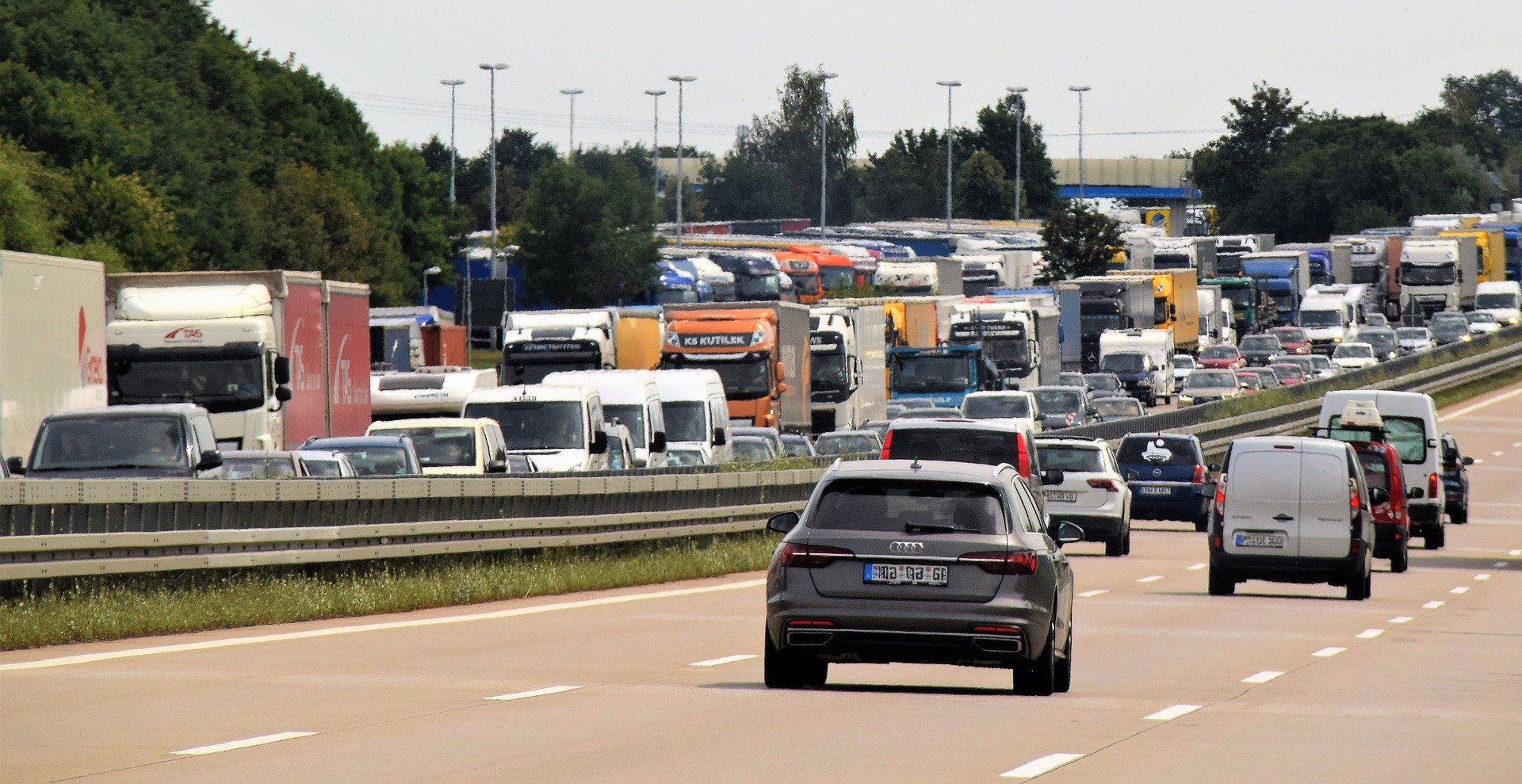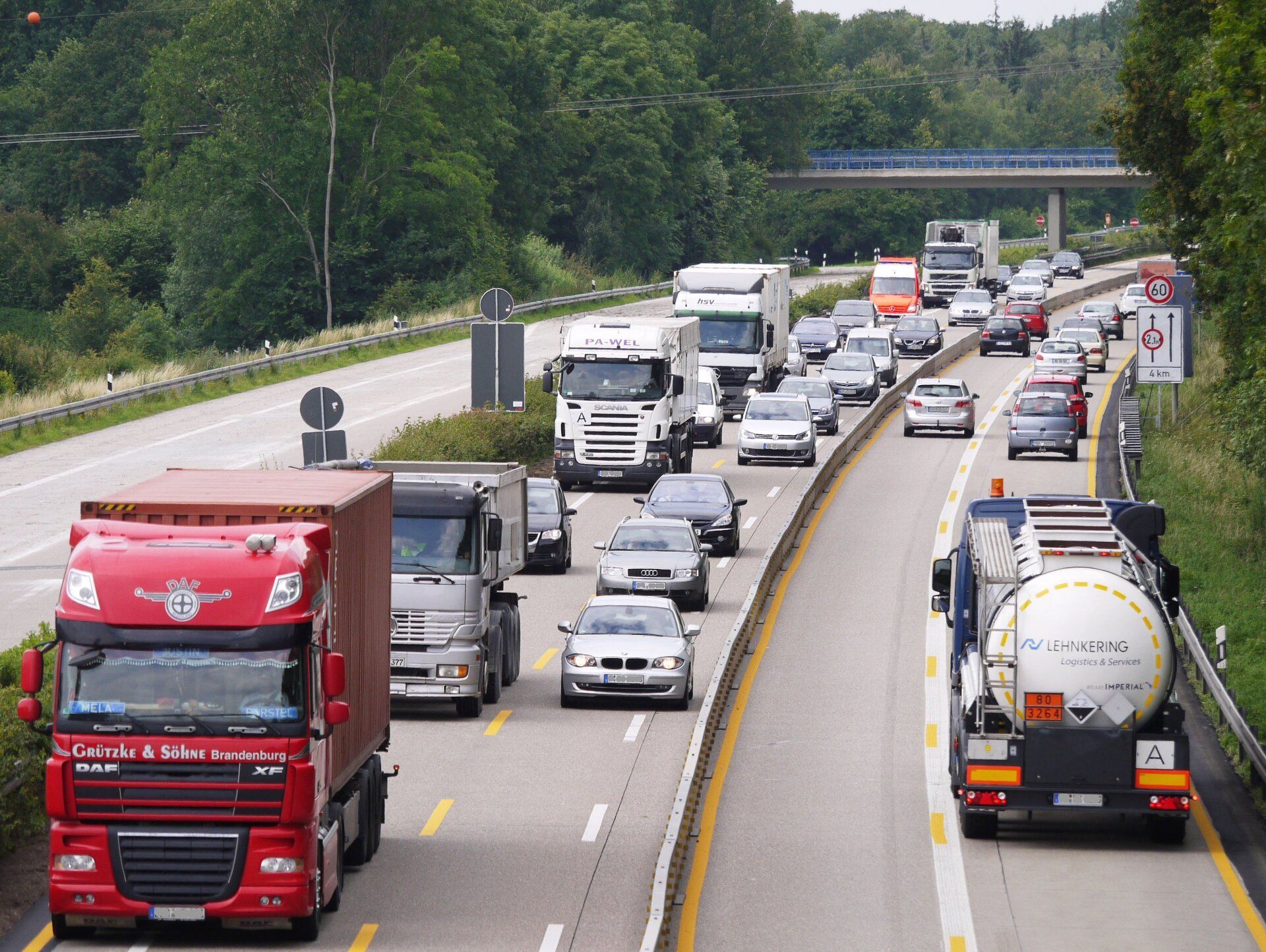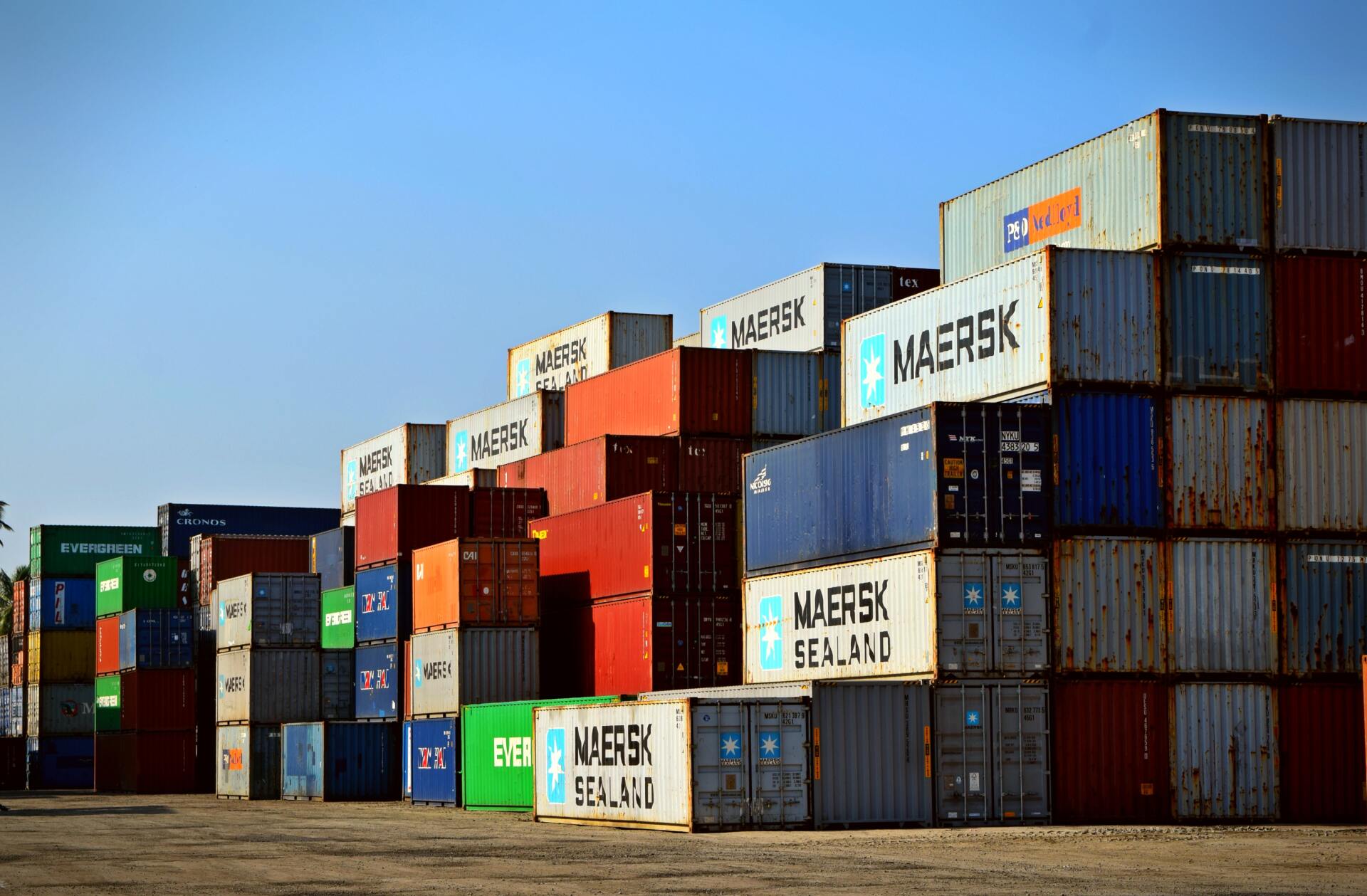NCTS 5 Important Update
NCTS 5 Important Update

As the UK adapts to post-Brexit regulations, businesses trading internationally must adapt their cross-border operations.
Phase 5 of the New Computerized Transit System (NCTS) came into effect on July 1, 2024 and significantly changed transit declarations. Please be aware of further changes before January 2025, when all CTC countries will need to migrate to NCTS5.
The Windsor framework is another significant achievement. Recent procedural changes include the introduction of direct checks on sanitary and phytosanitary (SPS) goods, with further changes planned by 2025. The Simplified Process for Internal Market Movements (SPIMM) will be fully operational from September 2024.
Significant changes have been introduced to transit, as well as a complete redesign of the transit declaration itself.
We assure you that we are ready for this change and would like to inform you about some changes regarding mandatory data.
• EORI number
• Commodity codes (mandatory from January 2025)
• In-depth cargo descriptions
• Gross weight
• Multiple home deliveries
• Seal numbers
What happened
We are aware that there are many vehicles waiting at IBF. This is due to the creation of Local Reference Numbers (LRNs) in NCTS Phase 4 which were not issued before the move to Phase 5.
These movements cannot be issued by customs officers in Phase 5 because the message structure in Phase 5 is different from the old structure in Phase 4.
What you need to do now
Declarants who are not authorized consignors whose vehicles must present at an IBF or border facility for the customs agent to release the goods cannot send any vehicles to the border with LRNs created in Phase 4.
If you have a declaration created in Phase 4 that has not yet started its journey, you will need to resubmit that declaration in Phase 5. Your declaration will not be processed until you do this.
If you have a driver on the way to the IBF or border facility, with an LRN created in Phase 4, you must cancel them and ask them not to go to the IBF or border facility until you create a new LRN in Phase 5 and hand it over to them.
Please note that all vehicles arriving at an IBF or border facility with an LRN created in Phase 4 will be turned away from that location and asked to return once they have an LRN associated with the declaration filed in Phase 5.










